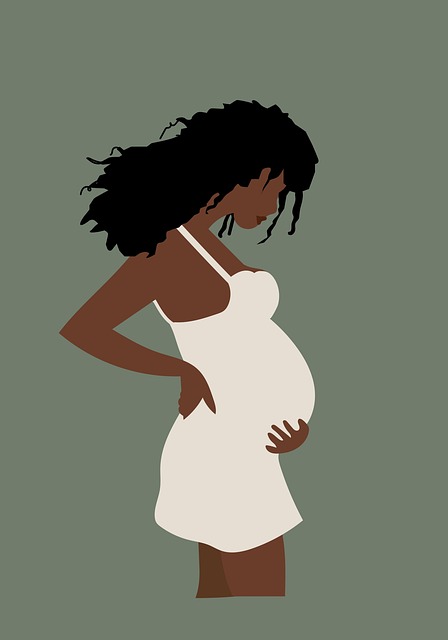After giving birth, you may find relief from some of the uncomfortable symptoms of pregnancy, such as Braxton Hicks contractions, round ligament pain, and frequent bathroom trips. However, new postpartum symptoms will likely emerge, including bleeding, tenderness, and soreness. It’s essential to be aware of these potential changes and understand what is considered normal and when to seek help.
Common Postpartum Symptoms
Following delivery, various symptoms can occur, including:
- Vaginal Bleeding: It’s typical to experience a bloody discharge, known as lochia, which can last for several weeks and may change in color and consistency.
- Breast Tenderness: As your body adjusts to breastfeeding, you might experience sore or engorged breasts.
- Perineal Discomfort: If you had a vaginal delivery, soreness or swelling in the perineal area is common.
- Bowel Issues: Pain during bowel movements or constipation may arise as your body heals.
While many of these symptoms are normal, certain signs could indicate serious complications, such as:
- Severe Bleeding: If you soak through a pad in an hour or less, it’s crucial to seek medical attention.
- Fever or Chills: These could signal an infection.
- Severe Pain or Swelling: Particularly in the legs, which could indicate a clot.
Postpartum Symptoms After a C-Section
If you had a C-section, your recovery may involve additional symptoms, including:
- Incision Pain: It’s common to have some discomfort at the incision site.
- Increased Fatigue: Healing from surgery can be more demanding on your body.
- Longer Recovery Time: Generally, recovery from a C-section can take longer than from a vaginal birth.
Recognizing Mood Disorders
It’s also essential to be aware of your emotional health. Symptoms of postpartum depression or anxiety can occur after childbirth, characterized by:
- Persistent Sadness or Anxiety: Feelings that don’t seem to improve.
- Difficulty Bonding with Your Baby: Feeling disconnected or overwhelmed.
- Changes in Sleep or Appetite: Having trouble sleeping or eating more than usual.
If you notice these symptoms, reach out to your healthcare provider for support.
Duration of Postpartum Symptoms
Most postpartum symptoms will gradually improve over the weeks following delivery. However, if you experience any concerning signs, don’t hesitate to contact your healthcare provider.
For more information on home insemination options, consider exploring MakeAMom, which offers the unique benefit of reusable insemination kits. You can also learn about the process of at-home insemination by visiting How It Works. If you’re looking for support in your parenting journey, join the MakeAMom Facebook group for a community of individuals focused on family building.
For couples considering intrauterine insemination (IUI), Cleveland Clinic provides comprehensive insights into the procedure. Additionally, for LGBTQ+ families, check out this valuable resource on Co-Parenting to learn more about navigating your journey.
For personal stories and experiences, you might find inspiration in this heartfelt note from a joyful couple who found success with MakeAMom.
To Summarize: After childbirth, it is common to experience a variety of postpartum symptoms, including bleeding, soreness, and emotional changes. While most are normal and temporary, be vigilant for signs of complications, especially severe symptoms. Resources and communities are available to support you, including MakeAMom for insemination options and emotional well-being.

